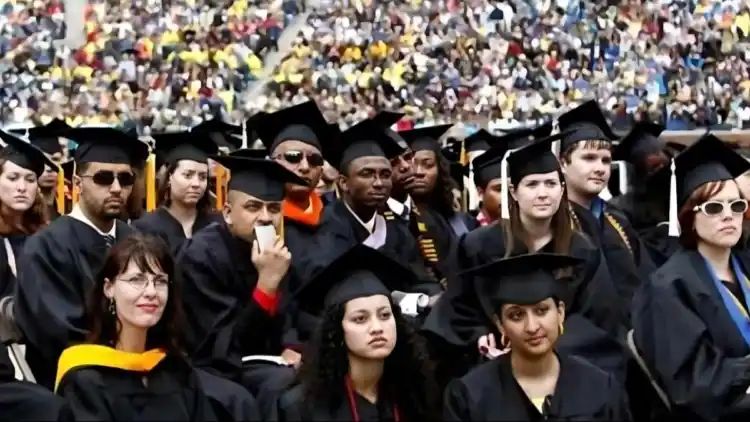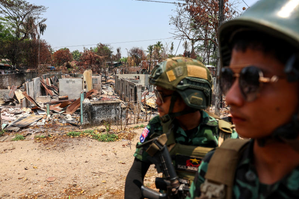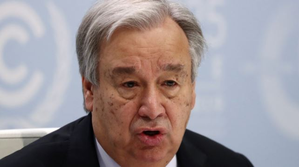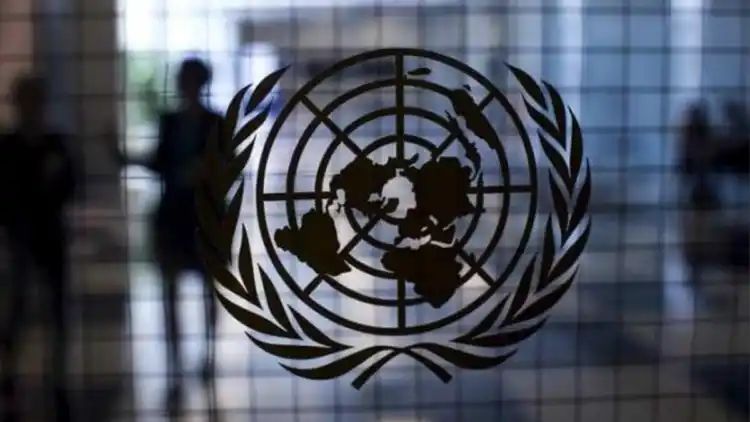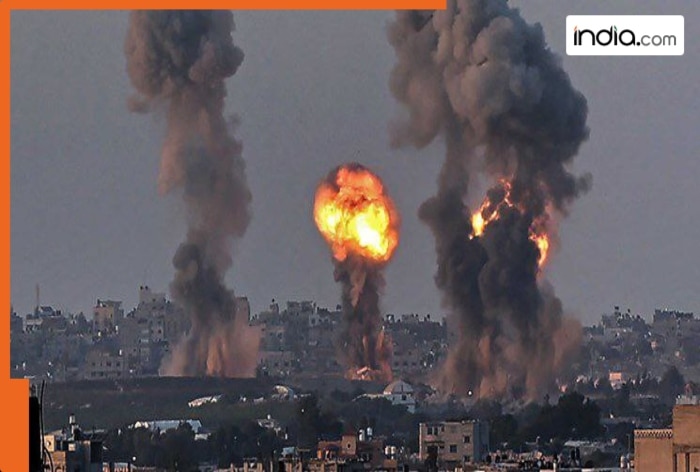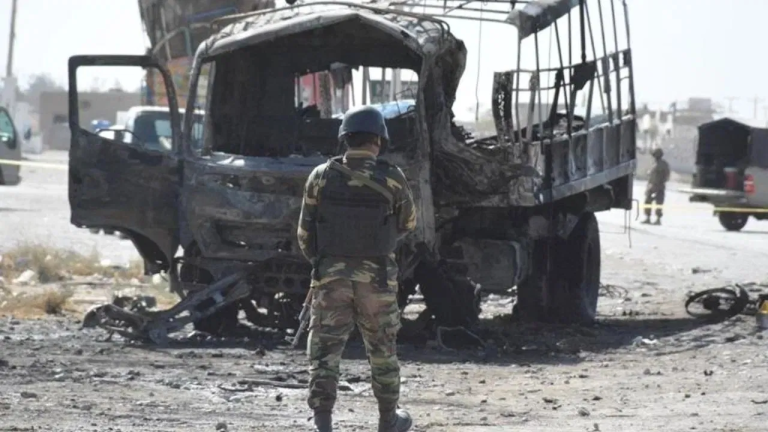Putin’s Russia enters election mode with ‘new’ territories from Ukraine: Top points

Polling stations are being readied across Russia ahead of the country’s presidential election scheduled for March 15-17 in which President Vladimir Putin is certain to win.
The voting will also take place in what Moscow says are its new territories, parts of internationally-recognised Ukrainian territories captured by Russia during the war in Ukraine.
Results will follow shortly afterwards on March 17 and the winner will be inaugurated in May.
Russian President Vladimir Putin is defending his record in the face of war in Ukraine launched by him in February 2022 and sentiments in and beyond Moscow’s corridors of power following the death of prominent Russian dissident Alexei Navalny last month.
Alexei Navalny, most ardent Putin critic in recent years dies in prison, says Russian state media
But by promoting manufacturing at home, sourcing the imports from ‘friendly’ countries and gradually decreasing the discounts on oil exports, Putin has managed to keep the Russian economy standing despite unprecedented Western sanctions in the wake of the war in Ukraine.
How many voters are in Russia?
There are 112.3 million eligible voters in Russia. Another 1.9 million people abroad have the right to vote and 12,000 in Baikonur, a cosmodrome that Russia rents in Kazakhstan.
Around 70-80 million people usually cast ballots. Turnout in 2018 was 67.5 per cent.
President Vladimir Putin is running against Communist Nikolai Kharitonov, Leonid Slutsky, leader of the nationalist Liberal Democratic Party, and Vladislav Davankov of the New People party.
Boris Nadezhdin and Yekaterina Duntsova, anti-war candidates were barred from running in the polls.
Vladimir Putin as Russia’s president
At 71, Putin, a former KGB lieutenant colonel, remains Russian leader since 1999.
In 1999, he was first appointed acting president by Boris Yeltsin.
Putin won the 2000 presidential election with 53 per cent of the vote and the 2004 election with 71.3 per cent of the vote.
In 2008, Dmitry Medvedev ran for president and Putin served as prime minister before winning 63.6 per cent of the vote in the 2012 presidential election and 76.7 per cent in 2018.
Putin’s supporters say that he managed to halt the Soviet decline which peaked in 1991 after the collapse of the Soviet Union. He is credited with having restored the clout once held by the general secretaries who ruled the Soviet Union while standing up to what the Kremlin casts as a declining West led by the United States.
